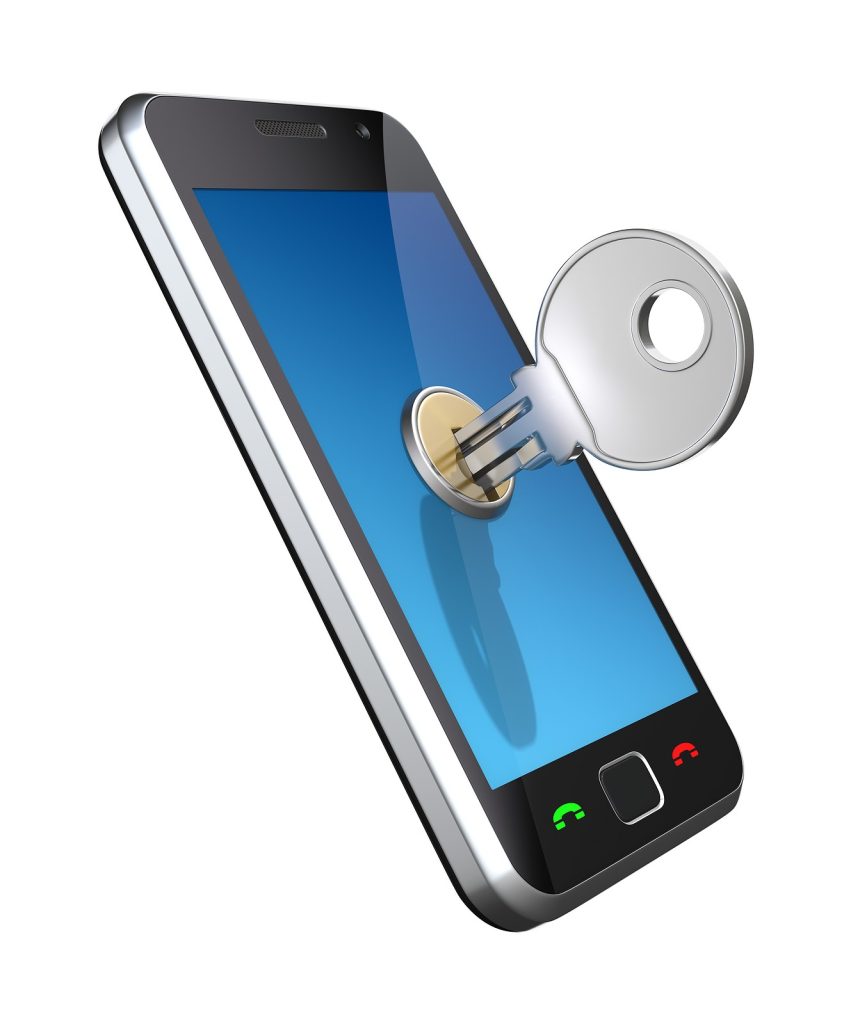
We depend on our watches, smartphones, and other devices for everything from entertainment to monitoring our physical health. However, our devices can also bring trouble; police are increasingly using smart device data as evidence in trials.
How can you defend yourself if your device places you near the scene of a crime or shows that you communicated with the victim?
In this blog a seasoned criminal lawyer in Brampton discusses the implications of smart device data in criminal law. You will learn how your data can be used as evidence and how a skilled criminal lawyer can challenge that evidence.
What Evidence Do Your Devices Store?
Location and Movement Data
- GPS coordinates are collected by your smartphone, fitness devices, and your vehicle’s navigation system.
- Wi-Fi and Bluetooth connections log the networks and other devices you logged onto.
- Home automation data from smart locks, security systems, and smart appliances can indicate when you entered and left your home and your patterns of behaviour inside your home.
Communication Data
Your devices reveal communications through phone logs, text messages, emails, app-based communications, and calls made through apps like Skype and WhatsApp.
Audio Data
Audio information includes voice recordings that you make yourself, as well as ambient sounds that might accompany those recordings, such as traffic noise and other voices.
Video Data
Video and photos stored on your phone are just one source of video evidence; security cameras on your premises, doorbell recordings, dashcam footage, and GoPro devices can all contain evidence.
Activity and Fitness Data
The information on your smartwatch shows when you were awake and asleep, how fast your heart was beating, and when you were exercising. In addition to indicating when you were active, this data can also be used to establish your daily habits and behavioural tendencies.
Financial Data
Financial and transaction data includes purchases made using apps, login and activity information for your bank accounts, and subscription information.
Social Data
Interaction on your social media can expose who you are in contact with, where you tend to go, what activities you engage in, and much more. The groups you join, the posts you like, and your responses to posts all reveal important information about who you are and what you do.
How Can the Police Use My Data?
The police and the Crown attorneys prosecuting your case can use your smart device data in numerous ways, including:
- Placing you at the crime scene using GPS data, your friends’ GPS data, and social media updates about events you attended. Searches you may have made for locations could also be helpful to the police. Even if you have your location data turned off, the police can use cell phone tower data and triangulation methods to plot your approximate location at the time in question.
- Reconstructing an event timeline by combining various types of information along a time continuum.
- Refuting your alibi with data that is inconsistent with it.
- Identifying your contacts by looking at who you communicate with, how often, and for what purposes.
- Establishing your patterns of behaviour and using that to inform their event timeline.
- Getting evidence of intent from messages and searches related to the crime.
- Securing direct evidence of the crime which could come from all sorts of smart device data.
How Can a Criminal Lawyer in Brampton Defend Me?
If the police have smart device evidence against you, a skilled Brampton criminal lawyer will work diligently to counter the evidence and collect additional evidence to support your defence. Here are common arguments a lawyer could make:
The Data Was Improperly Obtained
To search a smart device the police must follow a strict set of rules which include respecting your right to freedom from unreasonable search and seizure, your right to privacy, and your right to legal counsel. Violation of any of these rights could lead to the evidence being excluded from your trial.
- Freedom from search and seizure: For a search of your property the police need a warrant. There are exceptions to this requirement, but they are limited. Your Brampton criminal lawyer can use this as a defence, arguing that this Charter right was violated.
- Privacy: Depending on the data accessed, a criminal lawyer with a Brampton background could argue that the police improperly obtained sensitive personal information, such as biometric or health data.
- Right to Counsel: If the police accessed your data without allowing you to speak to a lawyer, they may have violated your Charter rights.
Note that you can consent to a search, but if you did not completely understand what you were consenting to or you felt pressured to give consent, the criminal defence lawyer for your Brampton case will raise that issue.
The Search Warrant Was Overly Broad
A skilled Brampton criminal lawyer will examine the warrant used to obtain your data and contest it if it is too broad. The warrant should specify the devices to be seized, a time frame for the data (ex: 14 days before the crime), the location of the data (ex: local to the device, on the cloud), and the reason for the search.
Data Integrity Issues
Electronic data can be tampered with, and the devices themselves can be hacked. A good criminal lawyer with Brampton experience can call the integrity and completeness of the data into question to raise doubts about it.
Data Accuracy Issues
Software glitches, connectivity problems, and device malfunctions may render your smart device data inaccurate. Imprecise methods such as cell phone tower triangulation and geolocation can be easily challenged in court by a skilled Brampton criminal defence lawyer, often aided by an expert witness or technology expert.
Inconsistency with Events
Your smart devices may have exculpatory data. An experienced Brampton criminal defence lawyer will use this evidence to show that the police overlooked important data and to highlight inconsistencies between the data and the prosecution’s version of events.
Shared Devices
Your devices may have been used by a roommate or a spouse. Your criminal lawyer in Brampton will use this to call the evidence into question.
The Data Is Insufficient to Prove Guilt
Smart device evidence can seem incontrovertible, but it can be shown to be nothing more than circumstantial. The prosecution must show, beyond a reasonable doubt, that you committed the crime and that you intended to commit it. An experienced criminal lawyer in Brampton will attempt to raise those doubts when the evidence is thin.
How to Protect Yourself from Data Misuse
It may never occur to you to protect your data, but if you are caught up in a criminal investigation you could wish that you had.
Always follow best practices for data privacy and limit the information your devices collect and share. There are many guides that will walk you through this, or you can contact a data privacy expert for guidance.
Most importantly, be aware of your rights when you are questioned by the police. Do not consent to searches or volunteer information until you have spoken with a criminal lawyer in Brampton or another jurisdiction.
Police and prosecutors rely more and more on smart device data as evidence in criminal cases. This can come as an unpleasant surprise to people who are accused of crimes, especially because of the reams of data we all create and share unknowingly and unthinkingly.
At the same time, there are numerous privacy, integrity, completeness, and admissibility concerns with using smart device data as evidence. Contacting an experienced criminal lawyer in Brampton is the best way to ensure that you are protected and that your data does not incriminate you unnecessarily.
About Zamani Law
Smart device data as evidence is a complex and evolving area of criminal law. If you think your device data could incriminate you, hire a great criminal lawyer with Brampton experience to represent you.
The team at Zamani Law, led by renowned Brampton criminal lawyer Farid Zamani, has the skill, technological resources, and expertise to evaluate the evidence against you and challenge it in court. They will ensure the optimal outcome for you and protect you from unfair prosecution.
Contact Zamani Law today for a free consultation.





